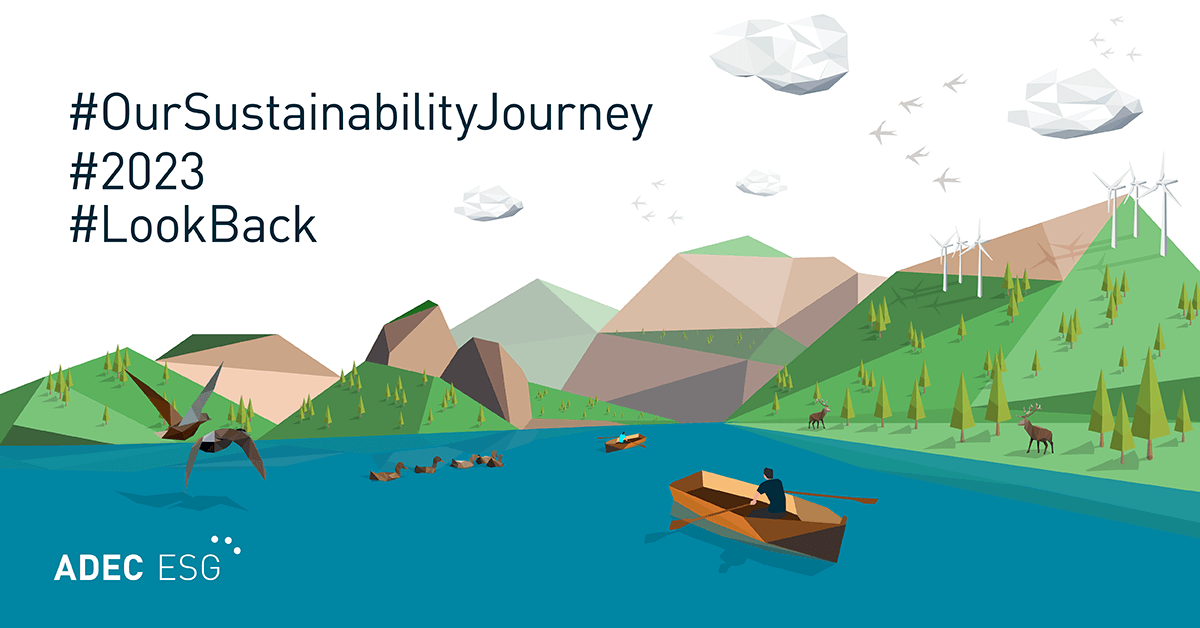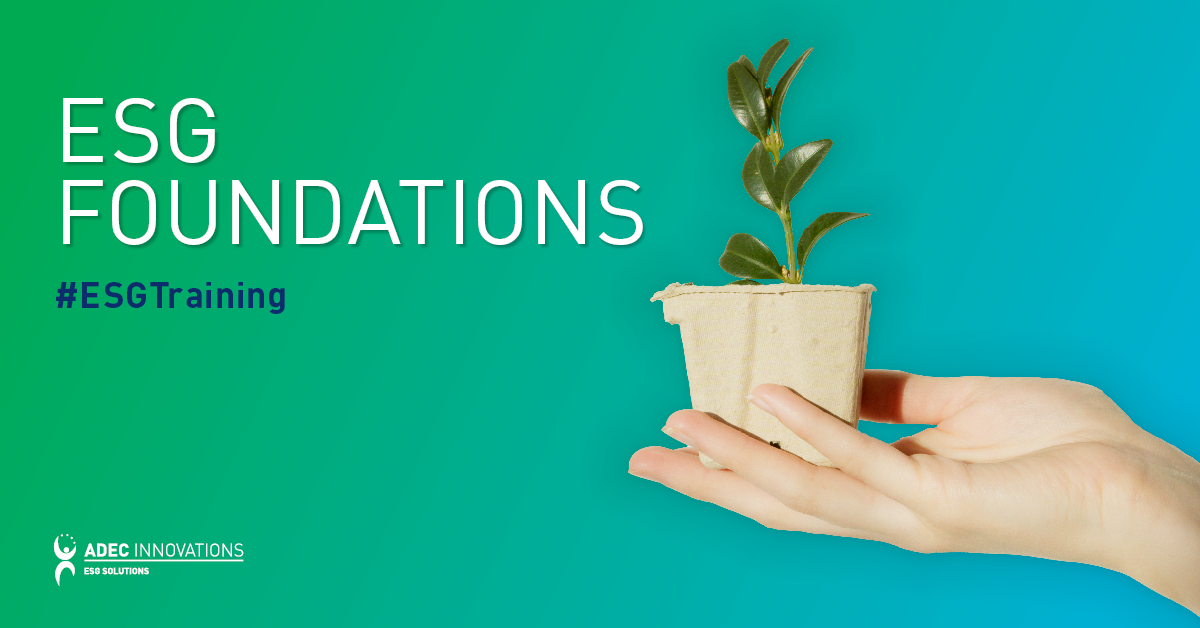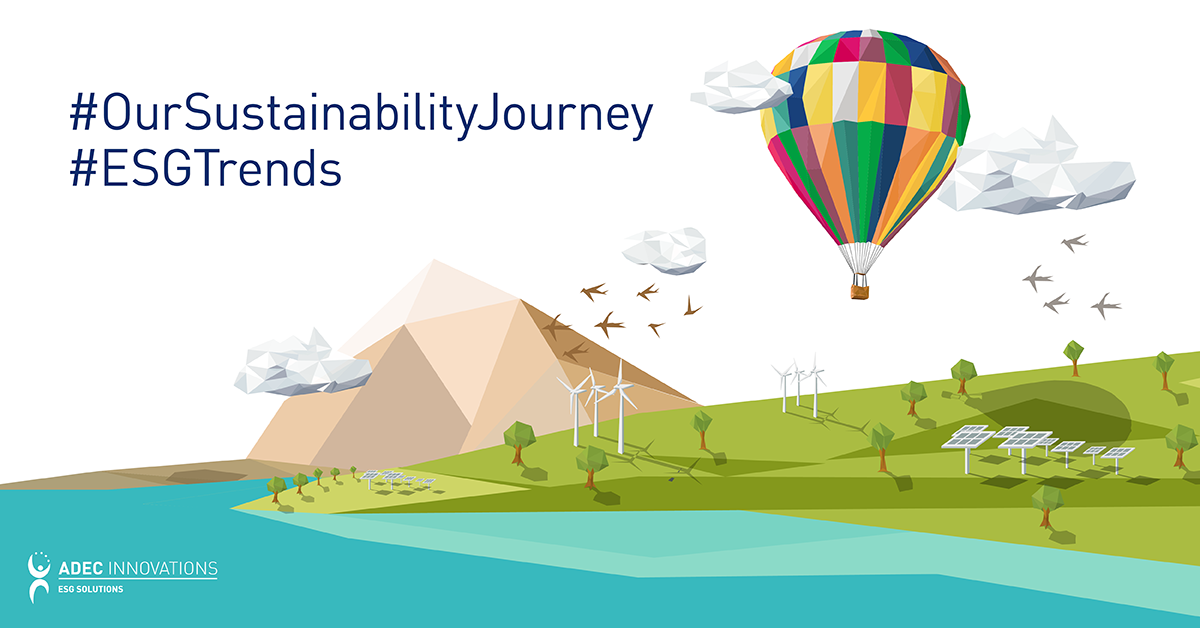Companies are becoming increasingly aware of the internal importance of sustainability and environmental planning. One element of their commitment to responsible business practices is addressing the sustainability of their supply chains: the network of organizations, people, activities, companies and resources involved in producing, handling and distributing products. A sustainable supply chain amounts to much more than meeting a commitment—it is a driver of value and success for business and society.
Supply chain sustainability is defined as “the management of environmental, social and economic impacts, and the encouragement of good governance practices throughout the lifecycles of goods and services”. Being able to leverage technologies and services that target and improve environmental performance is important in the pursuit of a sustainable supply chain.
Sony’s Road to Zero strives to achieve zero environmental footprint by 2050. The company divides their product lifecycle in six stages: innovation, product/service planning and design, operation, raw materials and components procurement, logistics, take-back and recycling. Each stage has related strategies for reducing the product’s environmental impacts. Sony’s goals are all encompassing. Not only do they include cutting back on CO₂ emissions to curb climate change, but also conserving resources, controlling chemical substances and promoting biodiversity.
Ford sees their suppliers as critical allies as they aim for market success. Promoting long-term relationships is one of their strategies to encourage supplier alignment on sustainability-related issues. The company has developed an Aligned Business Framework (ABF) for their most strategic suppliers, which helps in quality, innovation, operational synergies and commitment towards sustainability goals.
Some companies are implementing circular product lifecycles in order to reduce their overall environmental impact. Patagonia’s Worn Wear program is a good example. Consumers can take their used Patagonia products to Worn Wear centers for repair, or take old products to the stores to be recycled. By extending the product lifecycle, and feeding old products back into the supply chain, fewer new products need to be manufactured, and can be made from partially recycled materials, thus reducing the environmental impact significantly.
Supply chain sustainability results in reduced social and environmental impacts of the products and services businesses provide. To remove these impacts from the supply chain is to decouple growth from risk, ensuring the long-term viability of the business. Transparency to stakeholders on each aspect of the supply chain demonstrates an organization’s commitment to their corporate values, contributes to brand integrity and increases stakeholder confidence. Furthermore, long-term business continuity and the management of operational costs are more achievable with responsible business practices. Overall, choosing sustainability in the supply chain is a sound business decision.
FirstCarbon Solutions (FCS) is a leading provider of environmental and sustainability solutions, offering fully integrated consulting, software and data management services. With expertise in LCA and Supply Chain Services, we develop cost-effective solutions to help businesses integrate sustainability in their daily operations. For more information on managing your supply chain, read this FCS blog article.






